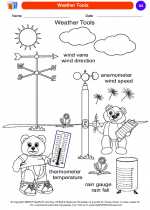Depth
Depth refers to the distance from the top or surface of something to its bottom. It is an important concept in various scientific fields such as physics, geology, and oceanography. Understanding depth helps us to comprehend the physical properties and behaviors of different objects and substances.
Understanding Depth
Depth can be measured vertically or horizontally, depending on the context. In a vertical sense, it refers to how far something extends from top to bottom, while in a horizontal sense, it relates to the distance from one side to the other. In the natural world, depth is a crucial factor in understanding the composition of the Earth's layers, the behavior of water bodies, and the structure of various objects and substances.
Key Concepts
- Vertical Depth: This refers to the measurement of how deep an object or substance extends from its surface to its bottom. For example, the depth of a swimming pool or the depth of a borehole.
- Horizontal Depth: This relates to the measurement of how far something extends from one side to the other. For example, the depth of a canyon or the depth of a cave system.
- Depth Perception: This is the ability to accurately gauge the relative distance of objects in three-dimensional space. It is an important aspect of human vision and is crucial for activities such as driving and sports.
Importance of Depth in Science
Depth is a fundamental concept in various scientific disciplines:
- Geology: Understanding the depth of the Earth's layers helps geologists study the composition and structure of the planet.
- Oceanography: Measuring the depth of oceans and seas is essential for mapping the underwater topography and studying marine life.
- Physics: Depth is a key factor in understanding pressure, density, and buoyancy of fluids and solids.
Study Guide
Here are some key points to remember when studying the concept of depth:
- Define depth and explain its significance in different scientific fields.
- Discuss the difference between vertical and horizontal depth, providing examples for each.
- Explore how depth perception is important in everyday activities and how it is related to the concept of depth.
- Research and present a case study on the significance of understanding depth in a specific scientific discipline.
[Depth] Related Worksheets and Study Guides:
.◂Science Worksheets and Study Guides Kindergarten. Weather

 Coloring Worksheet
Coloring Worksheet
 Coloring Worksheet
Coloring Worksheet
 Coloring Worksheet
Coloring Worksheet
 Coloring Worksheet
Coloring Worksheet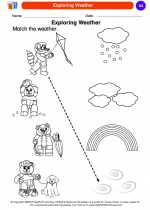
 Coloring Worksheet
Coloring Worksheet
 Coloring Worksheet
Coloring Worksheet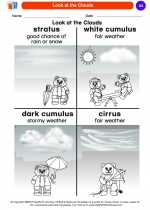
 Coloring Worksheet
Coloring Worksheet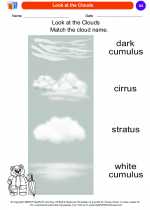
 Coloring Worksheet
Coloring Worksheet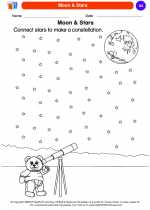
 Coloring Worksheet
Coloring Worksheet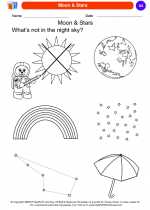
 Coloring Worksheet
Coloring Worksheet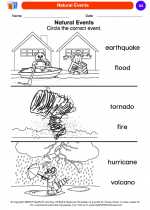
 Coloring Worksheet
Coloring Worksheet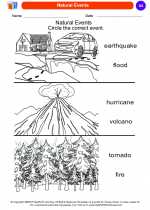
 Coloring Worksheet
Coloring Worksheet
 Coloring Worksheet
Coloring Worksheet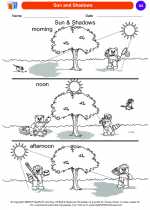
 Coloring Worksheet
Coloring Worksheet
 Coloring Worksheet
Coloring Worksheet
 Coloring Worksheet
Coloring Worksheet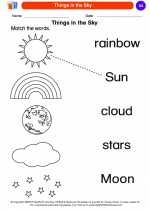
 Coloring Worksheet
Coloring Worksheet
 Coloring Worksheet
Coloring Worksheet
 Coloring Worksheet
Coloring Worksheet